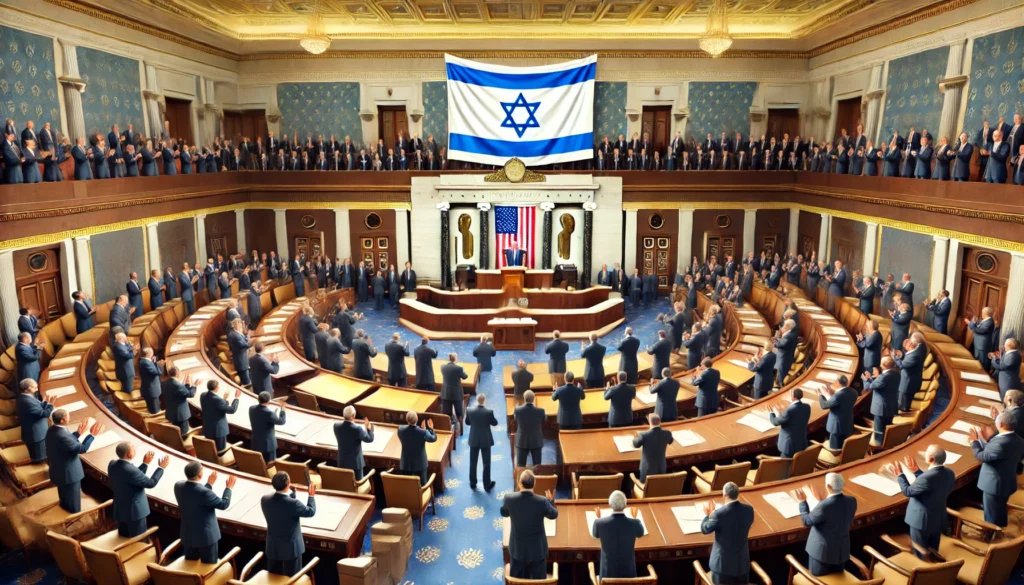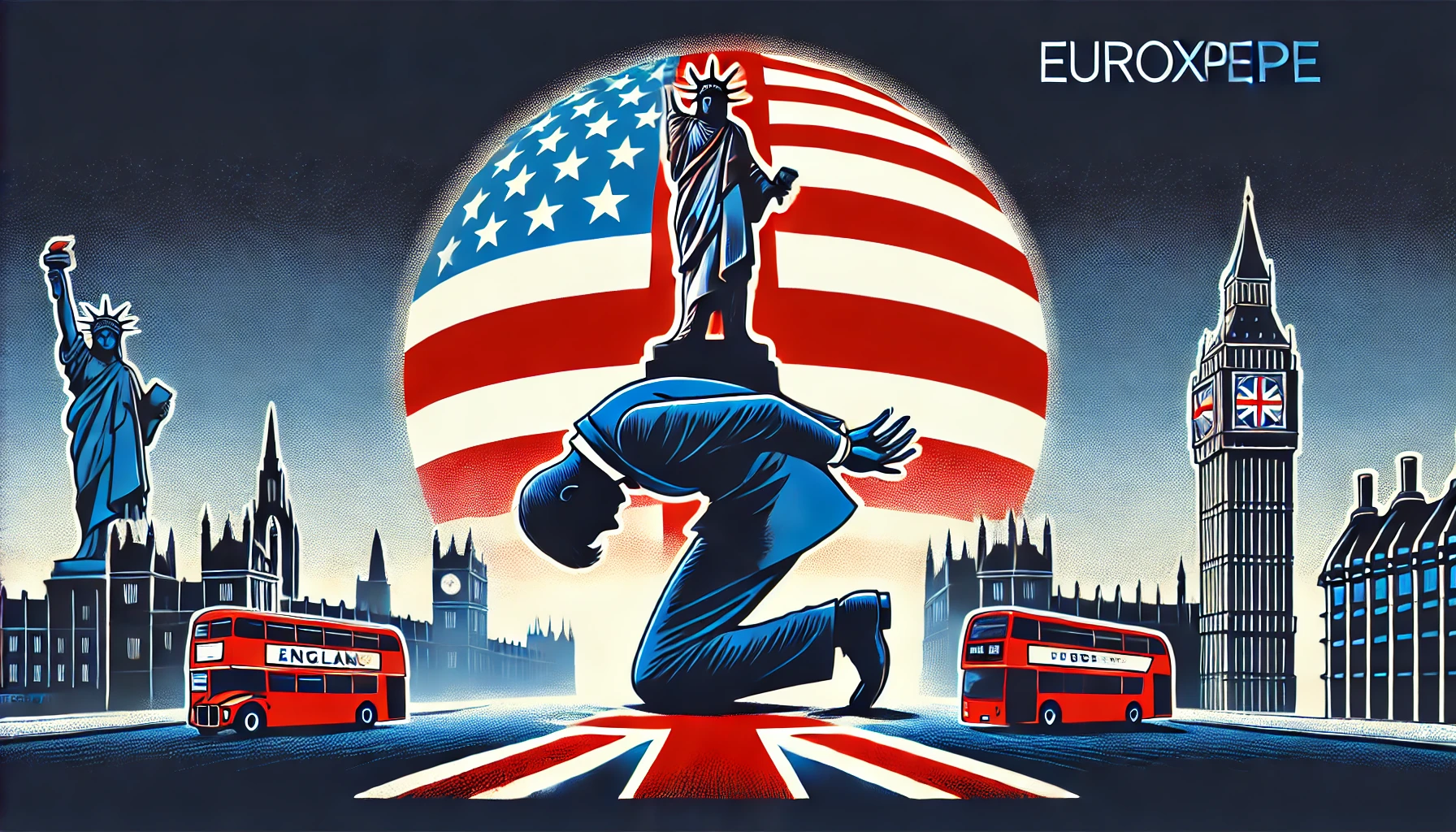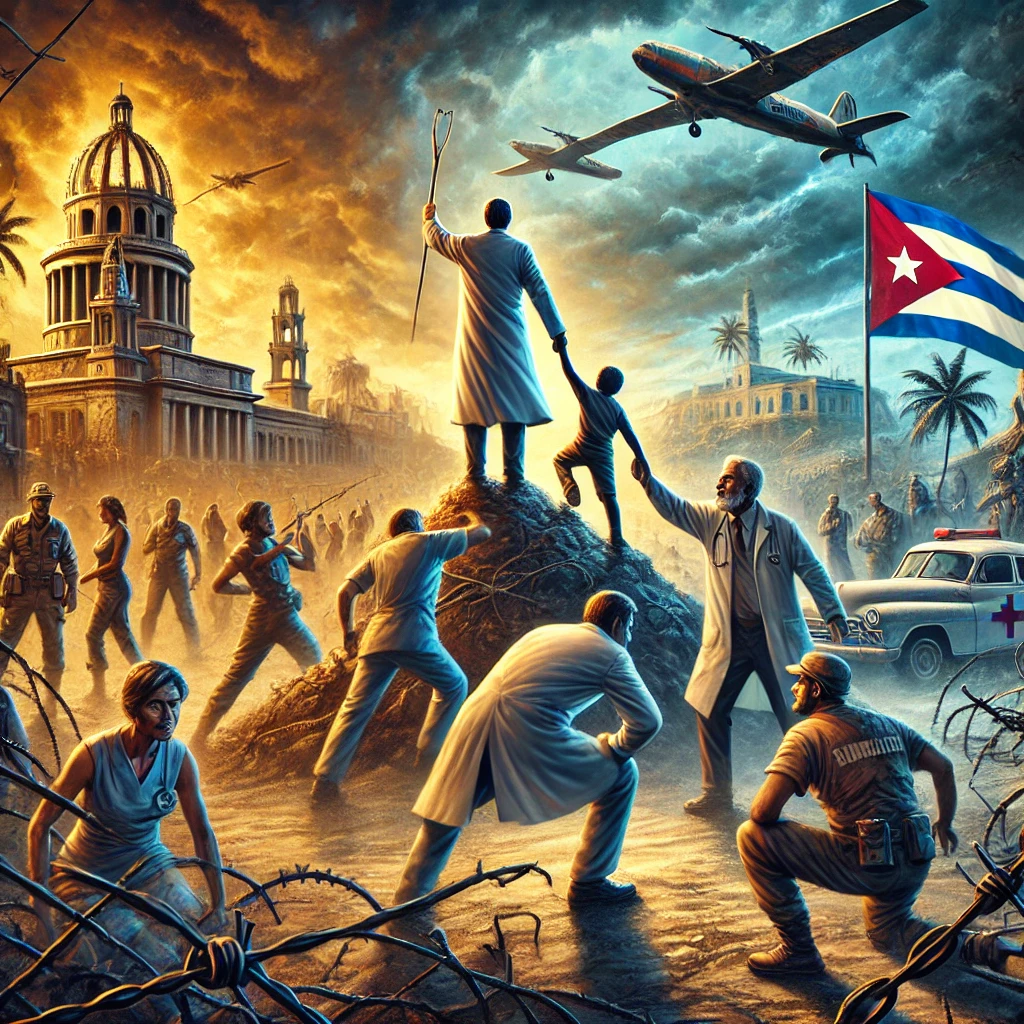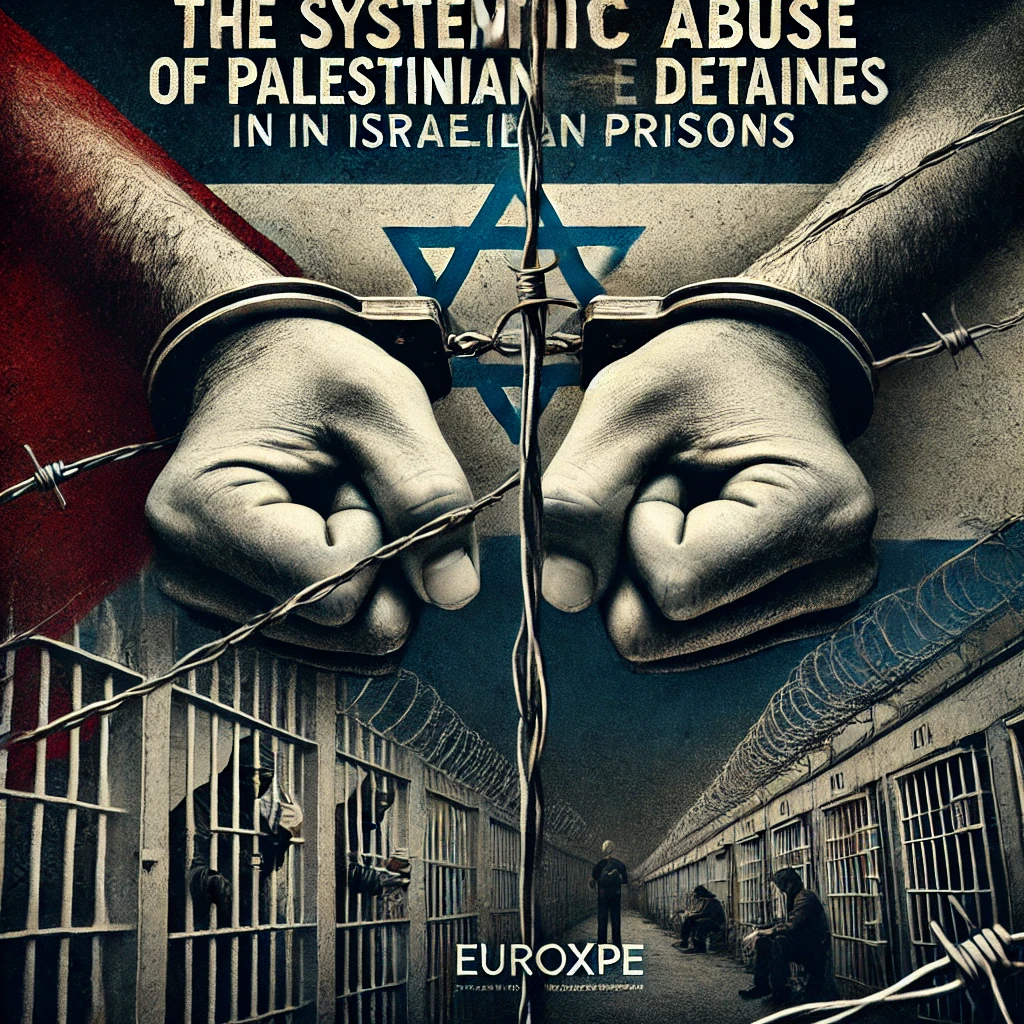Israeli Prime Minister Benjamin Netanyahu’s recent address to the US Congress, aimed at garnering support for the war in Gaza, has ignited widespread controversy. His stark declaration that “our enemies are your enemies” was met with fierce protests both inside and outside the Capitol. Netanyahu’s attempts to link Israel’s conflicts with broader US security interests has sparked significant backlash, highlighting the deep divisions within the American political landscape regarding support for Israel.
In his speech, Netanyahu declared, “When we fight Iran, we are fighting the most radical and murderous enemy of the United States.” He further emphasized, “Our struggle is your struggle, and our victory will be your victory.” These statements were well-received by the predominantly Republican audience but faced stark opposition from Democratic lawmakers and protesters who condemned his presence.
The political rift in the US was starkly illustrated by the deliberate absence of several dozen Democratic members of Congress, who boycotted the session. Outside the Capitol, thousands of protesters gathered, brandishing signs labelling Netanyahu as a “wanted war criminal,” a reference to calls for his prosecution by the International Criminal Court for alleged war crimes against Palestinians. Security forces detained five individuals inside the Congress building for attempting to disrupt Netanyahu’s speech.
Addressing the demonstrators, Netanyahu accused them of being “useful idiots of Iran,” reiterating his claim of a “terror axis” threatening the US, Israel, and the Arab world. This “clash of civilizations” narrative is part of Netanyahu’s broader strategy to frame Iran, along with groups like Hamas, Hezbollah, and the Houthis, as a unified existential threat.
In his speech, Netanyahu pointed to attacks by Iranian-aligned forces on American targets as evidence of Iran’s ambitions. He claimed, “Iran believes it must conquer the Middle East to genuinely challenge America. But standing in their way is a proud pro-American democracy: my country, the state of Israel.”
Over the course of his hour-long address, Netanyahu defended Israel’s actions in Gaza as essential for national survival, and called for increased US military assistance. He expressed gratitude for the “generous military aid” provided by the US over the decades, asserting that Israeli intelligence had “saved many American lives.” Netanyahu argued for expedited aid, claiming it could hasten the end of the conflict and prevent a wider regional war. Quoting Winston Churchill’s WWII plea, he said, “Give us the tools, and we will finish the job.”
Netanyahu’s remarks on the humanitarian situation in Gaza were notably brief. He claimed that Israel had provided enough food aid to supply 3,000 calories per person, suggesting that if Gazans were starving, it was due to Hamas stealing supplies. His vision for Gaza post-conflict involved a demilitarized and de-radicalized zone under Israeli control, dismissing the idea of Gazan self-governance as unrealistic.
Absent from his speech was any mention of a two-state solution, a policy supported by President Joe Biden and Vice President Kamala Harris. Instead, Netanyahu’s address seemed tailored to appeal to right-wing US politicians and supporters of former President Donald Trump, whom he thanked for moving the US embassy to Jerusalem and recognizing Israeli sovereignty over the Golan Heights.
Notably, the address took place amid a mounting death toll from the Israeli operations in Gaza, now in their ninth month. According to Gaza’s Health Ministry, over 39,000 people have been killed. Israel initiated the operations following a devastating Hamas attack on October 7, which resulted in 1,200 Israeli deaths and 251 hostages being taken.
The families of hostages held in Gaza condemned Netanyahu’s speech, gathering in Tel Aviv to protest. Their frustration was palpable as they listened to the Israeli national anthem and then dispersed, while Netanyahu’s speech, subtitled in Hebrew, played on.
Shortly after his address, the Israeli military announced the retrieval of the bodies of two hostages from Gaza, deepening the anguish of families still hoping for the return of their loved ones. The ongoing conflict and lack of resolution in hostage negotiations underscore the broader tragedy and complexity of the situation.
It is clear that Europe must reassess its relationship with the US. As the American political landscape becomes increasingly polarized and its foreign policy more contentious, the time has come for Europe to pursue a more independent and stable future, free from the shadow of US influence.






